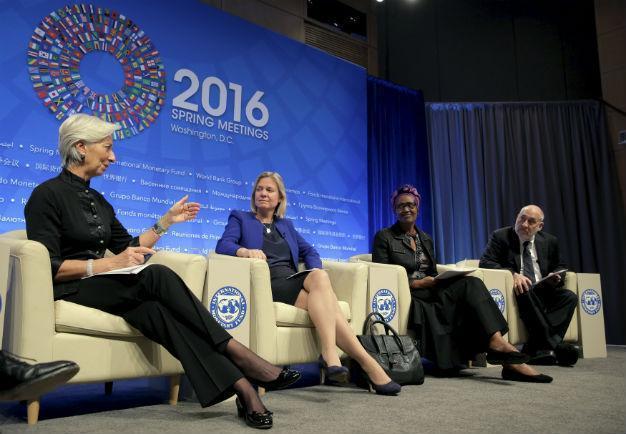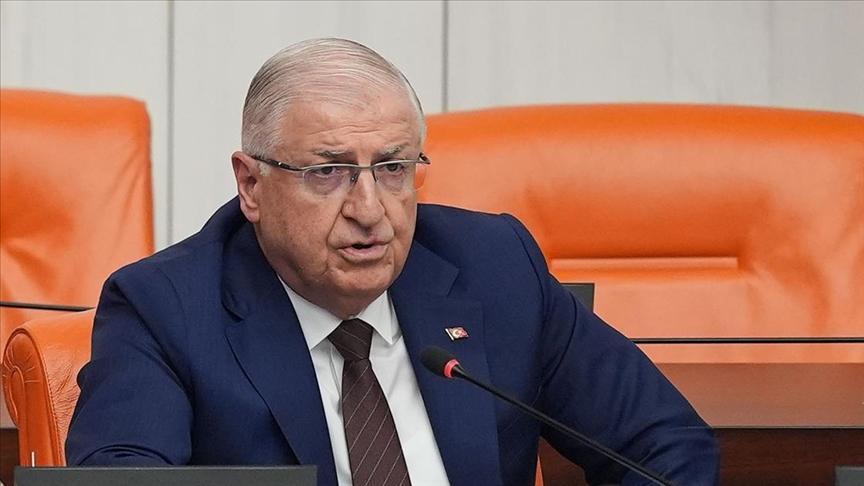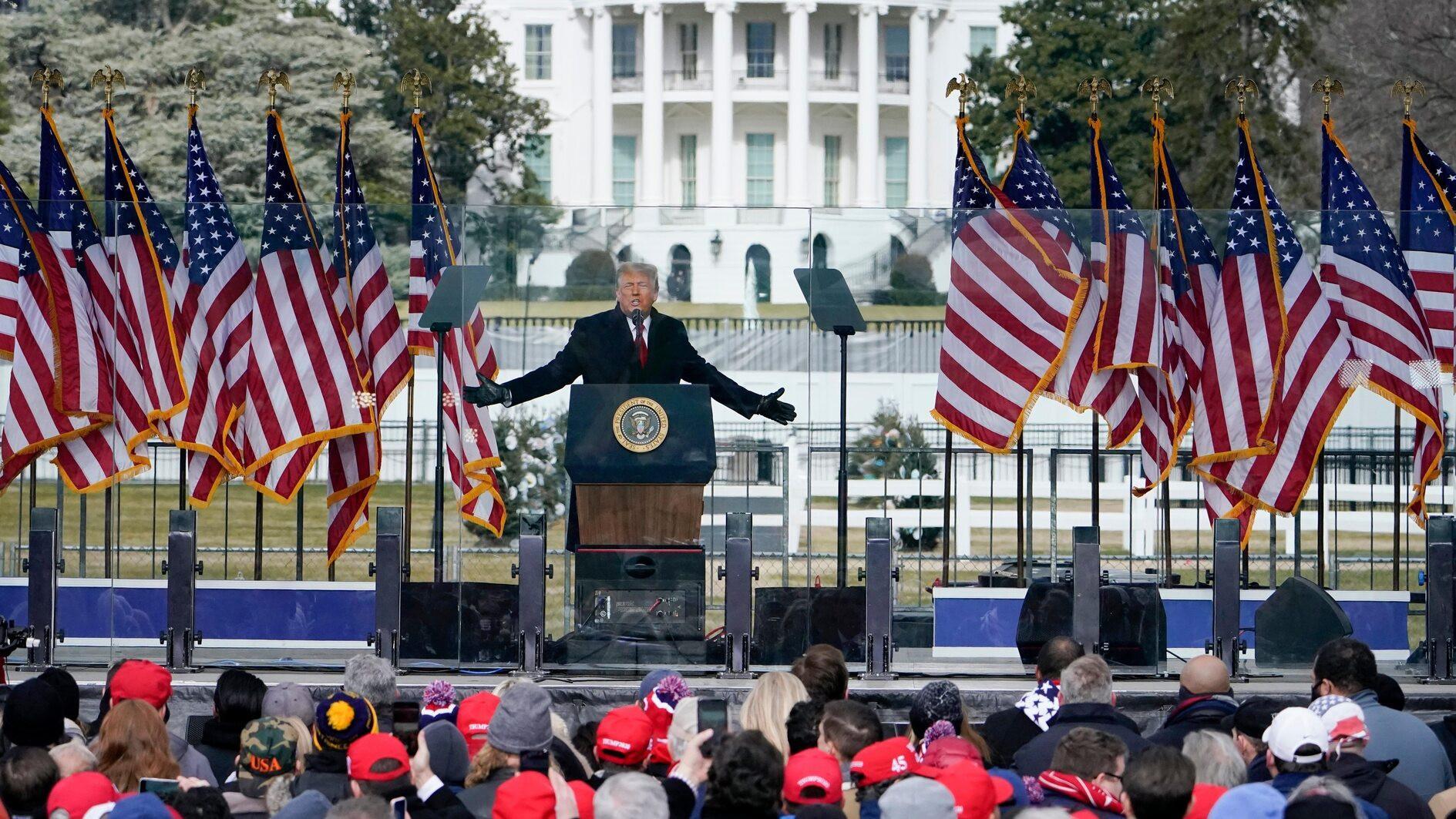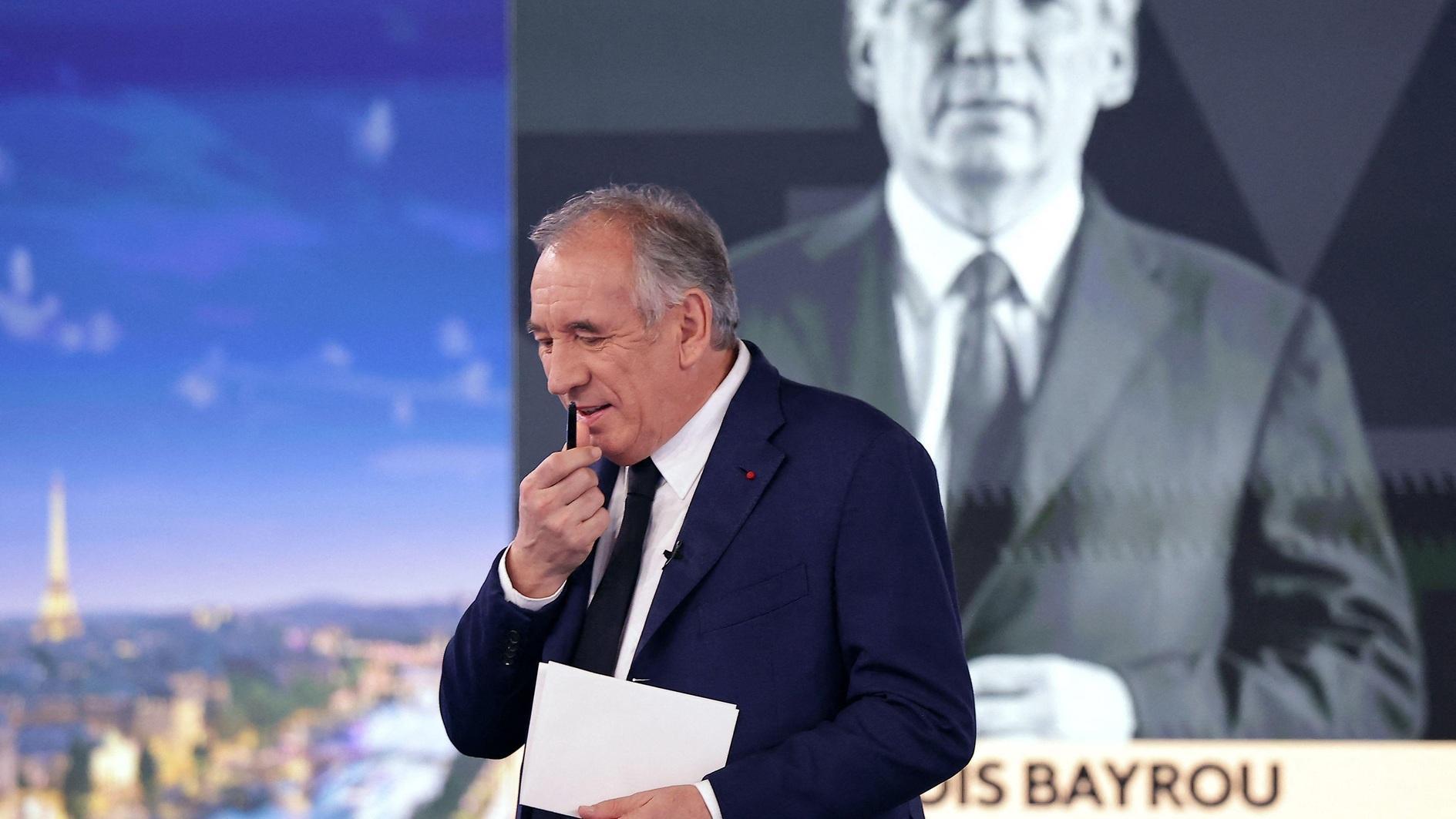IMF, World Bank, UN, OECD form new group to stop tax erosion
WASHINGTON - Reuters

REUTERS photo
The International Monetary Fund and the World Bank said on April 19 they are joining forces with other international organizations to cooperate on tax issues and develop new tools and standards to halt tax base erosion and evasion.The new grouping, which will also include the United Nations and the Organization for Economic Cooperation and Development (OECD), will focus particularly on building effective tax systems in developing economies, the partners said.
The effort was announced just weeks after the release of the so-called “Panama Papers” stirred outrage at the widespread use of tax haven countries and shell companies by wealthy global elites and corporations to hide assets and avoid paying taxes.
The Panama Papers could create a rare moment to break down secrecy, Robert Stack, a U.S. Treasury Department deputy assistant secretary, said in New York on April 19.
“I don’t think one could underestimate the at least short-term impact that the release of the Panama Papers has on the issue of transparency,” Stack said at the NYU/KPMG Tax Lecture, separate from the IMF and World Bank announcement.
U.S. authorities are in a “funny position” if they criticize Panama given the United States’ own lack of transparency, he added.
Global finance leaders at the IMF and World Bank spring meetings in Washington last week pledged to crack down on tax evasion and base erosion, as well as to fight the exploitation of tax law mismatches and boost the sharing of tax information.
Finance ministers and central bank governors from the Group of 20 major economies last week also pledged to penalize countries that fail to cooperate in these efforts by implementing “defensive measures.”
The decision by the four international organizations to create a cooperation platform predates the release of the Panama Papers, but an IMF official said the group welcomed the heightened attention on tax issues that the controversy has stoked.
“This effort comes at a time of great momentum around international tax issues,” the group said in a statement.
Among the new group’s goals is to develop appropriate policies for the taxation of multinational enterprises.
It aims to provide “toolkits” to help developing countries implement measures developed under a previous G-20/OECD tax effort, known as the “Base Erosion and Profit Shifting” project.
The group also aims to help emerging market countries to develop policies for the “informal” sectors of their economies that operate in cash transactions outside the tax system.
















